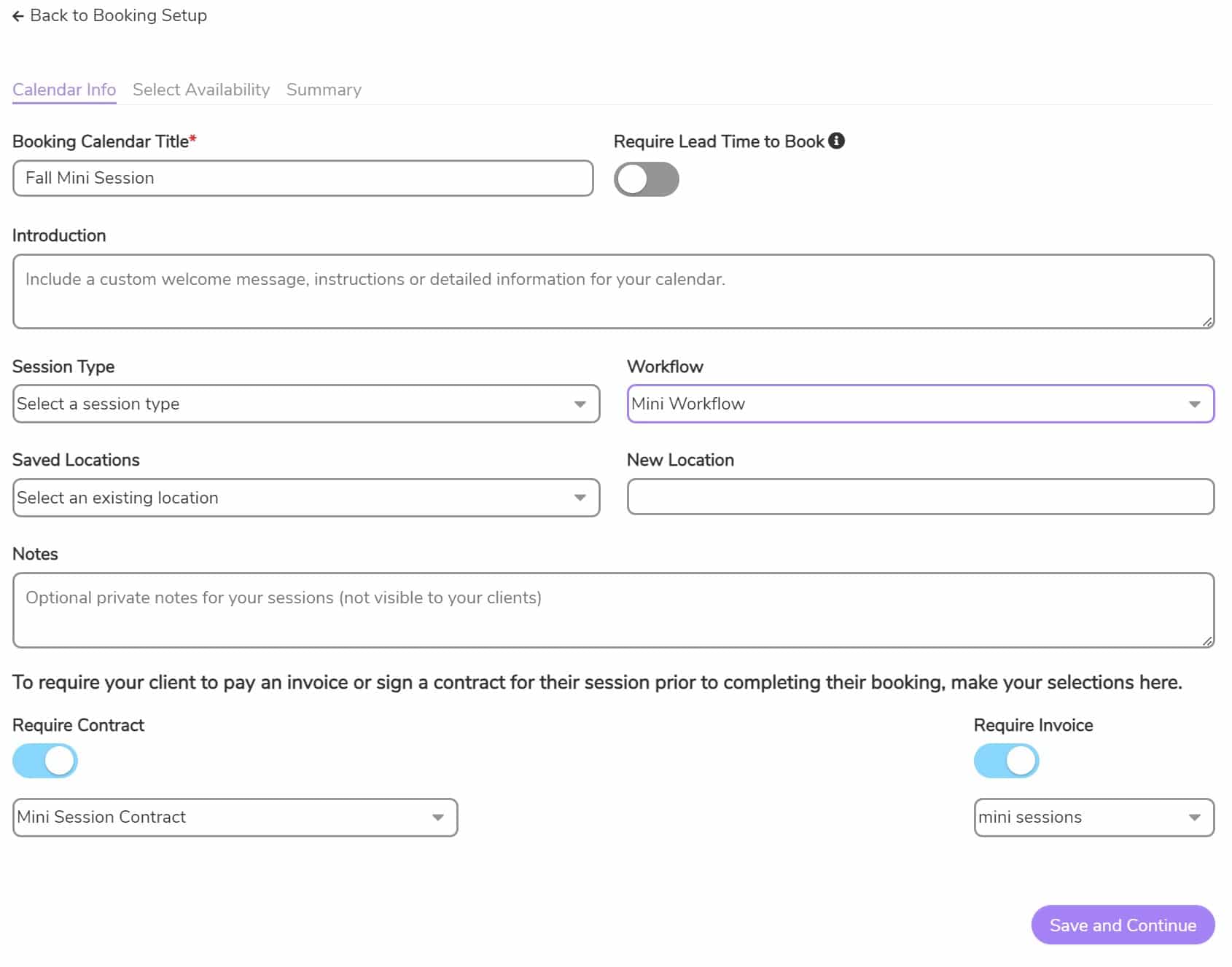A professional photography contract is a crucial tool that can protect both photographers and clients in case of any disputes. Whether you’re a seasoned pro or just starting in the industry, it’s essential to have a well-drafted contract that outlines all the details of your services. In this blog post, we’ll discuss why having a photography contract is important, what elements should be included in one, and tips for creating an effective agreement.
Why You Need a Photography Contract
When it comes to photography, having a contract in place is crucial for both the client and photographer. A well-written photography contract outlines important details such as payment terms, delivery timelines, and usage rights. Without a contract, there may be confusion or disagreements between the two parties that could result in legal disputes.
For example, a wedding photographer should have a detailed contract that covers all aspects of the event including start and end times, number of photos taken, post-processing services provided and fees associated with any additional requests made by the couple. Having this information written down creates transparency between both parties allowing them to understand what is expected of each other throughout their working relationship.
What is a Photography Contract?
A photography contract is a legally binding agreement between a photographer and their client. The purpose of this type of contract is to outline the expectations and responsibilities of both parties. This ensures that there are no misunderstandings or disputes later on. Essential elements of a photography contract include payment terms, project scope, usage rights, deadlines, cancellation policies, and liability clauses.
Having a photography contract in place protects both clients and photographers from potential legal issues.
There are different types of photography contracts depending on the specific needs and requirements of the client. For example, wedding photography contracts will typically include additional details such as coverage duration for pre-wedding events like rehearsal dinners or engagement shoots. Regardless of the type, having a professional photography contract in place protects both clients and photographers from potential legal issues arising from miscommunication or breach of agreement. Want a free contract? Iris Works has you covered!

Benefits of Having a Photography Contract
A photography contract is a legally binding agreement between a photographer and their client that outlines the terms of their working relationship. Having a photography contract in place can provide numerous benefits for both parties involved, including:
- Protection:
- A well-drafted photography contract can protect both the photographer and client from potential legal issues that may arise during or after the photo shoot.
- Clear Expectations:
- The contract sets clear expectations for both parties regarding deliverables, deadlines, payment schedules, etc. This helps to avoid any misunderstandings down the line.
- Avoid Disputes:
- By clearly outlining what each party is responsible for in terms of payments, timelines, and other relevant details related to the photo shoot or event (like a wedding), disputes are avoided.
Overall, having a professional photography contract is an essential part of doing business as it ensures that all parties are on the same page throughout the project while providing legal protection if needed.
Essential Elements of a Photography Contract
A photography contract should clearly outline the services and deliverables agreed upon between the photographer and client. This includes details such as the date, time, location of the shoot, number of photos to be delivered and any additional editing or retouching services. A clear understanding of these elements is essential to avoid conflicts and ensure both parties are satisfied with the final product.
Another crucial aspect of a photography contract is outlining payment terms and fees. The contract should specify the total cost for services rendered, including any deposits required upfront or payment schedules for larger projects. It’s important to be transparent about all costs associated with your photography services in order to maintain trust with your clients and protect yourself from disputes over money.
Services and Deliverables
Our photography contract outlines a detailed description of the services we provide, including the number of photos included in each package. We aim to deliver top-quality images and products within the agreed timeline to ensure our clients’ satisfaction. Our team will work closely with you to understand your needs and tailor our services accordingly.
We believe transparency is key when it comes to delivering quality service. That’s why we provide a clear timeline for delivery of all images or products in your chosen package. With an understanding that time is crucial in every project, our team strives to meet every deadline without compromising quality standards.
In summary, our photography packages include detailed descriptions of services offered, clear timelines for image delivery, and options for different numbers of photos per package. At [company name], we pride ourselves on providing professional-grade service from start to finish – ensuring client satisfaction at every step along the way!

Payment and Fees
When it comes to the total cost of photography services, it’s important that clients understand all associated fees upfront. This includes any additional costs such as travel expenses or editing fees. A detailed breakdown of these costs should be included in the contract for photography.
To secure a booking, a deposit amount will be required and this should also be outlined in the contract along with its due date. It is important for both parties to understand when this payment is due and how much is required to avoid confusion or misunderstandings. With the Iris Works booking feature, you can have your client sign a contract and pay a deposit before they can book their session.
In case of cancellations, it’s important for clients to know about cancellation fee policies beforehand so they are aware of any potential financial consequences. The policy should clearly state whether deposits are refundable and if there are additional charges beyond that initial deposit. By including clear language around payment and fees within your photography contract, you can ensure transparency and minimize disputes down the line.
Copyright Ownership and Usage Rights
It is crucial for photographers to have a clear and concise contract outlining copyright ownership and usage rights. This document serves as a legally binding agreement between the photographer and client, ensuring that both parties are aware of their responsibilities.
Key points to include in this section of the contract may involve:
- Transfer or retention ownership rights for images taken during shoot
- Details on image usage, such as social media, advertising, publication
- Licenses required by clients to use photographs
Cancellation and Rescheduling Policies
Clients may need to cancel or reschedule a photography booking due to unforeseen circumstances. Understanding the policies around cancellation and rescheduling can help avoid any misunderstandings between the client and photographer. Below are some important points to consider regarding cancellation and rescheduling policies in your contract:
- Under what circumstances can a client cancel without penalty?
Be clear about under which circumstances clients can cancel their booking without incurring any fees, such as medical emergencies or natural disasters.
- If possible, how far in advance should cancellations be made?
Specify how much notice is required for cancellations with no fees attached. This will give you enough time to book other appointments if necessary.
- How does rescheduling affect the contract agreement?
Make it clear that if a client needs to reschedule an appointment, they may do so only once while still upholding all terms of the original contract agreement.
By addressing these concerns upfront, you can create a professional atmosphere for both parties involved. It’s critical that everyone understands their rights when unexpected events occur.
Tips for Creating a Strong Photography Contract
When creating a contract for photography, it’s important to be clear and specific about the services being provided. Avoid vague language and ensure that all terms are clearly defined, including payment agreements, deadlines, and cancellation policies.
In addition to clarity, make sure to include all relevant information in your photography contract. This may include details such as the location of the shoot, number of photos included in the package, and any additional fees or charges.
Consulting with a lawyer can also provide added protection for both you and your clients. A lawyer can review your contract to ensure that it meets legal requirements and includes necessary provisions for liability issues or disputes that may arise.
Be Clear and Specific
Defining the scope of work, specifying deliverables and outlining payment terms are all crucial elements to include in a professional photography contract. By defining the scope of work, both parties can establish clear expectations from the outset. Specifying deliverables ensures that everyone involved knows what is expected at each stage of the process. Outline payment terms to ensure there is no ambiguity surrounding when and how payments will be made.
In order for a contract to be effective, it must be clear and specific. Avoid using vague language or assuming that your client understands industry jargon. If necessary, provide definitions for any technical terms used in the document so that there is no room for misinterpretation. When you take care to create an explicit agreement with your clients, they will appreciate your professionalism and attention to detail throughout their project or event photography needs.
Include All Relevant Information
To ensure a successful photography shoot, it’s crucial to include all relevant information in the contract. This includes identifying all parties involved, specifying the date, time, and location of the shoot as well as outlining copyright ownership and usage rights. By clearly stating these details in the contract, everyone involved is on the same page and understands their roles and responsibilities.
Copyright ownership should be addressed in detail to avoid any confusion or disputes down the line. The photographer may choose to retain full ownership or grant limited usage rights to clients for specific purposes such as social media or print materials. It’s important for both parties to agree on these terms before proceeding with any work together. Overall a detailed contract protects both photographer and client by establishing clear expectations from start to finish.
Consult with a Lawyer
When drafting a contract for photography, it is crucial to ensure compliance with local laws and regulations. Consulting with a lawyer can help you navigate the legal requirements specific to your location and industry. Additionally, incorporating clauses that protect your intellectual property rights is essential in safeguarding your work from unauthorized use or reproduction. A lawyer can also review the contract for any potential loopholes or ambiguities that may leave room for dispute or misunderstanding in the future. By consulting with a lawyer, you can have peace of mind knowing that your photography contract is comprehensive and legally sound. Lawtog is also a helpful place to get photography contracts.
Conclusion
In conclusion, a well-written contract for photography is essential for protecting both the photographer and the client. It sets clear expectations regarding deliverables, timelines, payment terms, and usage rights. A professional contract also demonstrates that you take your business seriously and establishes trust with potential clients.
Remember to customize your contract based on each assignment’s unique requirements and seek legal advice if necessary. Investing time in creating a comprehensive photography contract upfront can save you from potential disputes or lawsuits down the line. As a professional photographer, it is crucial to prioritize mitigating risks while delivering exceptional work to clients. Ready to start creating contracts? Sign up today for your free 14 day trial.
Start Your 14 Day Free Trial
No credit card required!







Recent Comments